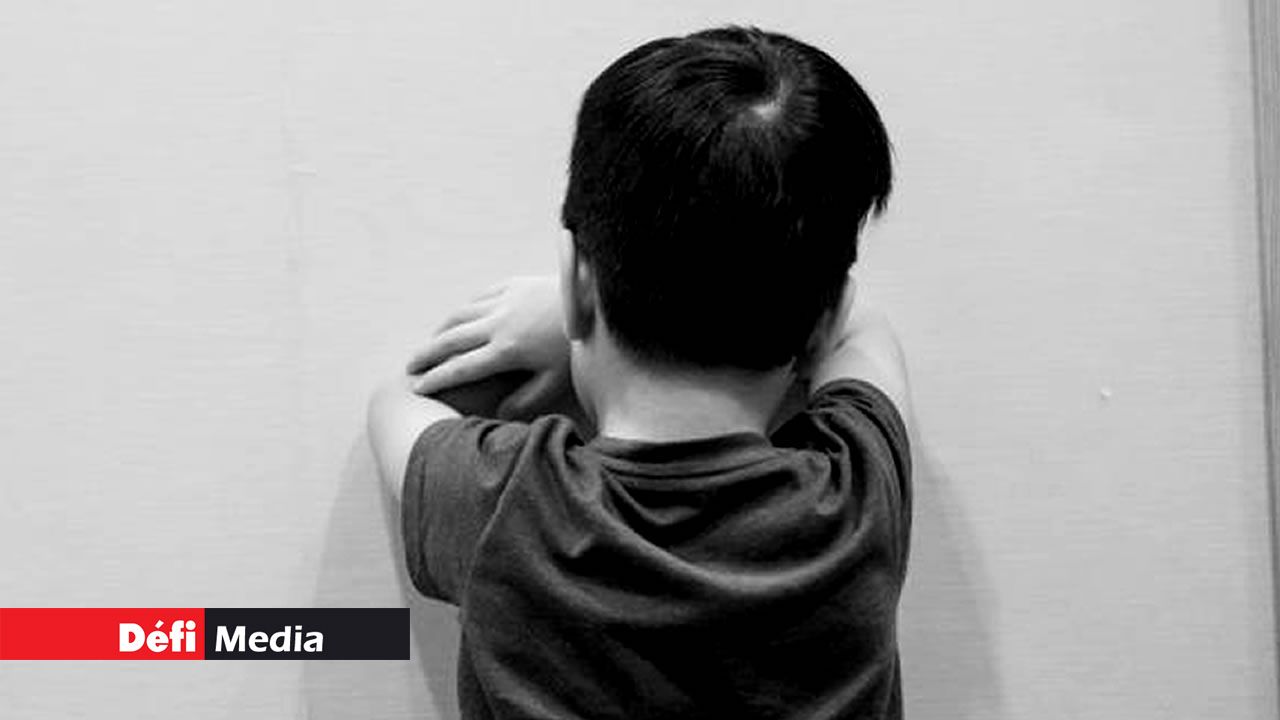
Governments around the world are struggling with the problem of children in conflict with the law. In the context of what appears to be an increasing incidence of child-perpetrated crimes, and serious violence in some cases, there are calls for appropriate responses from law enforcement. There is no question that children perpetrating unlawful acts must be reprimanded for their actions, helped to realise the error of their ways, and even receive appropriately tailored punishment where applicable.
From a very young age, environmental responses must be such that children learn that there are consequences to their behaviours. It is critical for them to learn that there will be negative consequences if they behave in a way that causes harm, infringes on the rights of others, or is contrary to societal rules and laws. However, it is also important that consequences and punishments are consonant with the developmental level of the offender. In other words, it is inappropriate to criminalise an offence by a young child as if he/she was an adult. Adult offenders who are of sound mind are dealt with in the criminal justice system, but this context is not appropriate for children for many reasons, including their level of maturity, brain development, extent of culpability and the fact that they are still in the developmental trajectory, meaning that their behaviour has the opportunity to correct with further growth and maturation.
So, what should be the age threshold that determines when children or adolescents should be held criminally responsible for their actions and tried in a court of law? What we know is that setting the minimum age too low is unfair to children and inappropriate given their stage of development. To expect the developing child to live up to the moral values expected of adults is wrong. There have been international principles and guidelines speaking to this issue. In the Beijing Rules and the later Convention on the Rights of the Child, the United Nations emphasised the inherent dangers of setting a minimum age that is too low, pointing to its unfairness.
In setting the minimum age of criminal responsibility it is important to formulate legislation that takes into account the science of brain development in children and adolescents. The past two decades has brought much critical information on the developing brain into the arena of child justice and the way we should be responding to children in conflict with the law. The research evidence is now clear and convincing regarding the fact that the adolescent brain is a work in progress. This means that the brain is not completely developed and mature until the early twenties, when the individual achieves more mature thinking and decision-making capacities that characterise adult-type of reasoning and impulse control. In the landmark 2005 case of Roper vs Simmons the American Medical Association alerted the United States Supreme Court to the fact that adolescents are considerably more likely to make poor decisions than adults because their brains operate at a much less mature level. It is, therefore, logical that adolescents cannot be considered criminally liable to the same extent as adults, and should not be convicted and imprisoned in the same way.
This does not mean that children and adolescents who commit offences that conflict with societal rules and laws should be allowed to go free and without consequence. Such action would not be in the interest of the rights and protection of society, nor would it be in the best interest of the child since the child would see no need for corrective behaviour. Instead, an approach involving social services, rather than the criminal justice system, geared towards the implementation of behavioural change programmes, would be more beneficial. Such programmes will afford the child the opportunity to learn more appropriate moral values and develop more socially acceptable ways of responding to the world.
The African Union Principles and Guidelines on the Right to a Fair Trial recommended that the age of criminal responsibility should not be set below 15 years. We should take heed of this and keep children out of the criminal justice system, at least until the age of 16 years.
Professor Anthony Pillay
Department of Behavioural Medicine
University of KwaZulu-Natal, South Africa
 J'aime
J'aime













